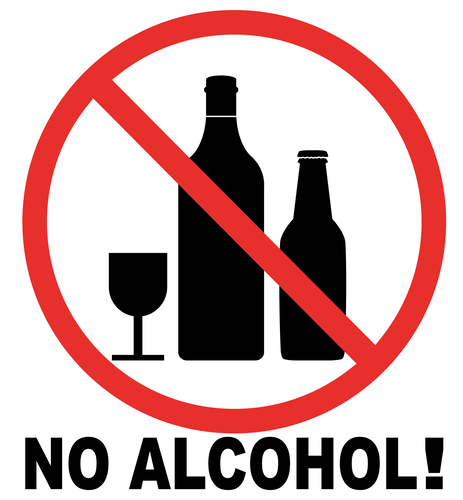There were few studies comparing one antidepressant versus another antidepressant or antidepressants versus other interventions, and these had a small sample size and were heterogeneous in terms of the types of interventions that were compared, yielding results that were not informative. We included a preliminary review and used a specially designed excel sheet for data extraction. Next, we selected data from eligible studies and then revised them through the Excel sheet. We reviewed any articles published by one research group investigating similar variables for any possible duplication. Cochrane, a quality assessment tool, was also used to evaluate the included studies 14.

Depression After Quitting Smoking: Understanding the Connection and Finding Support

While some forms of this mental illness are less severe than others, depression can quickly take control of a person’s life. The hallmark symptoms of ADHD—such as impulsivity and difficulties with attention—can lead to maladaptive drinking behaviors. However, alcohol use can exacerbate ADHD symptoms, creating a vicious cycle of increased drinking and worsening ADHD-related impairments.55 Diagnosing ADHD in individuals with AUD can be challenging due to overlapping symptoms. Establishing a timeline of ADHD symptoms and alcohol use can help distinguish primary ADHD from alcohol-induced symptoms. Among those with AUD, about 15 to 30% overall have co-occurring PTSD, with increased rates of 50 to 60% among military personnel and veterans.33 The two conditions may worsen each other. Thus, here, too, it’s important to be cognizant of the signs of PTSD in patients with AUD, and vice versa.

Overview of Depressive Disorders
Where possible, indices of effectiveness at different time points in the course of treatment were pooled. We handsearched references of topic‐related systematic reviews and the included studies. We searched the Cochrane Drugs and Alcohol Group Specialised Register (via CRSLive), Cochrane Central Register of Controlled Trials (CENTRAL), MEDLINE, and Embase from inception to July 2017.
Roy‐Byrne 2000 published data only
We analyzed dichotomous outcomes (e.g. number of participants showing improvement in depression at follow‐up) calculating the risk ratio (RR) for each trial, with the uncertainty of each result expressed as a 95% confidence interval (CI). In case of missing data on the standard deviation (SD) of the changes, we used the SD https://selcuklardisticaret.com/ketamine-addiction-signs-symptoms-the-recovery/ at the end of treatment for each group. We used the standardized mean difference (SMD) when the studies employed different instruments. Low‐quality evidence suggested no differences between antidepressants and placebo in the number of dropouts (17 studies, 1159 participants, RR 0.98, 95% Cl 0.79 to 1.22) and adverse events as withdrawal for medical reasons (10 studies, 947 participants, RR 1.15, 95% Cl 0.65 to 2.04). Medication-assisted therapy is the combination of medication and therapy used to help someone overcome specific feelings or specific behavior.
Types of Antidepressants Commonly Prescribed for Alcoholics
- As previously mentioned, MAOIs (monoamine oxidase inhibitors) are another group of antidepressants that can be dangerous when mixed with alcohol.
- A common characteristic of antidepressants is that three to four weeks are required following initiation of treatment before a therapeutic response is observed (O’Donnell 2011).
- Eighteen studies were conducted in an outpatient setting, nine in an inpatient setting, and six in both settings.
- Alcohol treatment programs are the safest and most effective way to overcome co-occurring conditions.
- Combining alcohol with antidepressants significantly increases the risk of death through several mechanisms.
According to the Diagnostic and Statistical Manual of Mental Disorders, Fifth Edition (DSM-5), if depression symptoms persist after one month without consuming alcohol, then does drinking make your depression worse a different depressive disorder diagnosis would apply. Alcohol may increase the side effects of some antidepressant medications and vice versa. Liver damage from liver toxicity can occur as alcohol, and some medications are both metabolized and processed by the liver, causing it to work overtime.
The interaction between alcohol and antidepressants is a complex and potentially dangerous one. While the specific risks can vary depending on the type of medication and individual factors, it’s generally advisable to avoid alcohol while undergoing treatment for depression. The potential consequences, ranging from reduced treatment efficacy to increased risk of accidents and self-harm, underscore the importance of taking this interaction seriously. Combining alcohol and antidepressants is a common question for people managing depression or anxiety while undergoing treatment. You might wonder if having a glass of wine or beer could interfere with your medication, and the simple answer is alcoholism symptoms yes.
